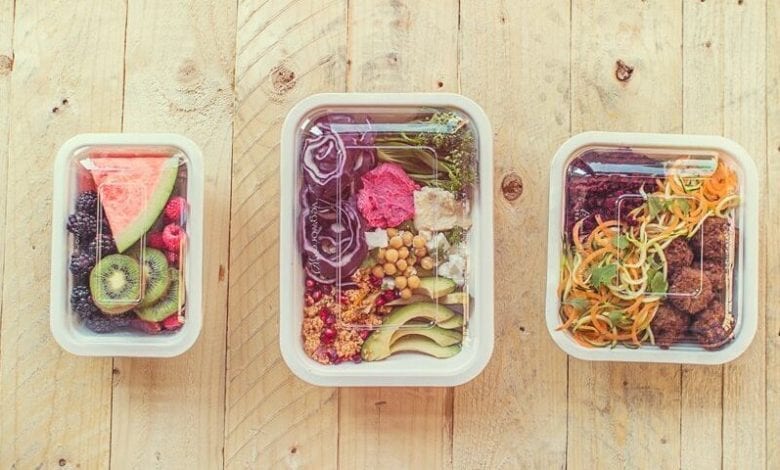Advice
Waving goodbye to plastic: How the hospitality industry can consider alternatives

A lot has changed in the world of waste management since Blue Planet II hit screens last year. The shocking images of polluted oceans were discussed in parliament, which resulted in a bid to ban plastic straws, and fuelled a nationwide desire to wave goodbye to plastic.
You'll need to
subscribe to unlock this content. Already subscribed? Login?











